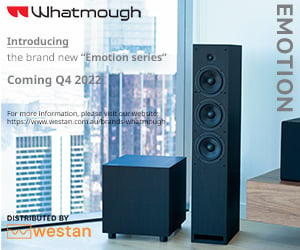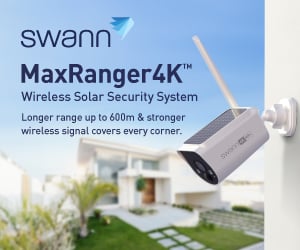Solid-State Drive growth is set to double in 2013 on renewed hopes for Intel’s Ultrabooks, says analysts. A new generation of “lower-cost and appealing” Intel ultrabooks are expected to be goods news for SSDs, according to analysts IHS iSuppli, who predicts SSD shipments will soar from 39 million in 2012, to 83m this year, and to rise by an astounding 600% to 239 m by 2016. “The fate of the SSD business is closely tied to the market for Ultrabooks and other ultrathin PCs that use cache drives,” admits Ryan Chien, analyst IHS. “While SSD shipments rose by 124 percent last year, growth actually fell short of expectations because ultrabook sales faltered due to poor marketing, high prices and a lack of appealing features.” However, if sales of the new generation of ultrabooks take off this year as expected, the SSD market is set for “robust growth.” Just this week, Samsung announced a new SSD for the Aussie market, SSD 840 Pro Series starting from $170. SSDs can serve as an alternative to PC hard disk drives, storing data by using NAND flash memory semiconductors rather than by employing traditional rotating media. The newest wave of ultrabooks with Windows 8 has started to generate enthusiasm, say IHS analysts, with the superthin computers likely to pick up more steam this year and upcoming devices based on Intel Haswell microprocessor architecture. |
|||
| Every brand from HP, to Acer and Samsung are releasing a slick 2013 Ultrabooks which it hopes will drive demand for the ultra thin and light notebooks on Windows 8.
Another factor driving growth is that average selling prices for NAND flash memory have fallen. The SSD data from iSuppli covers traditional solid state drives in both the consumer and enterprise markets, as well as cache SSDs. Not included is revenue for hybrid HDDs. |
Error, group does not exist! Check your syntax! (ID: 5)

Popular Posts
Digital Magazines
Categories
- Appointment & Jobs496
- Automation471
- Communication2939
- Display1259
- Hardware2090
- Industry7485
- Latest News31854
- Networking984
- Sound1721
Recent Post
Civilian drone manufacturer DJI has introduced its first-ever portable power stations – the Power 1000 and Power 500. Both devices... Read More





































